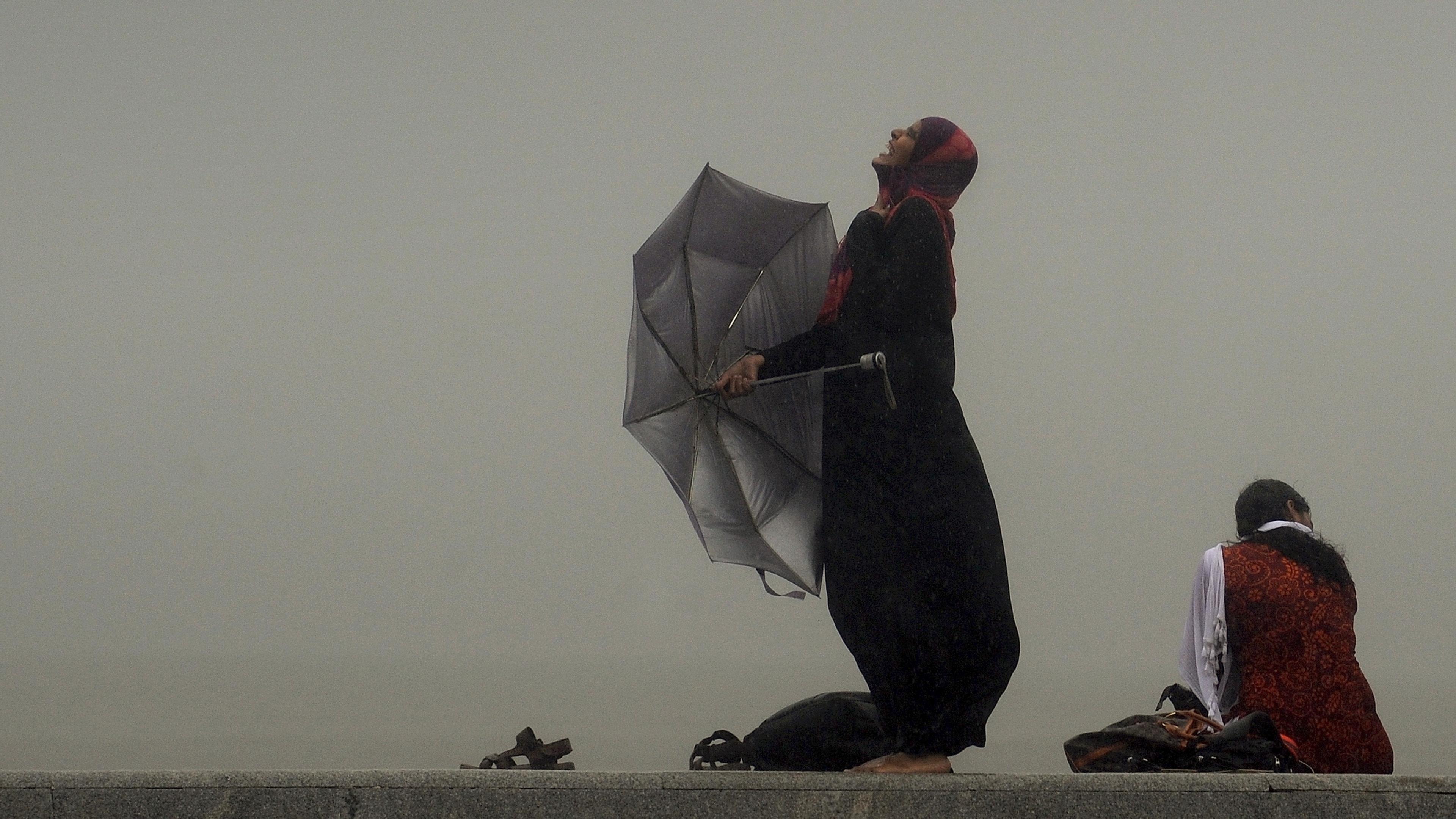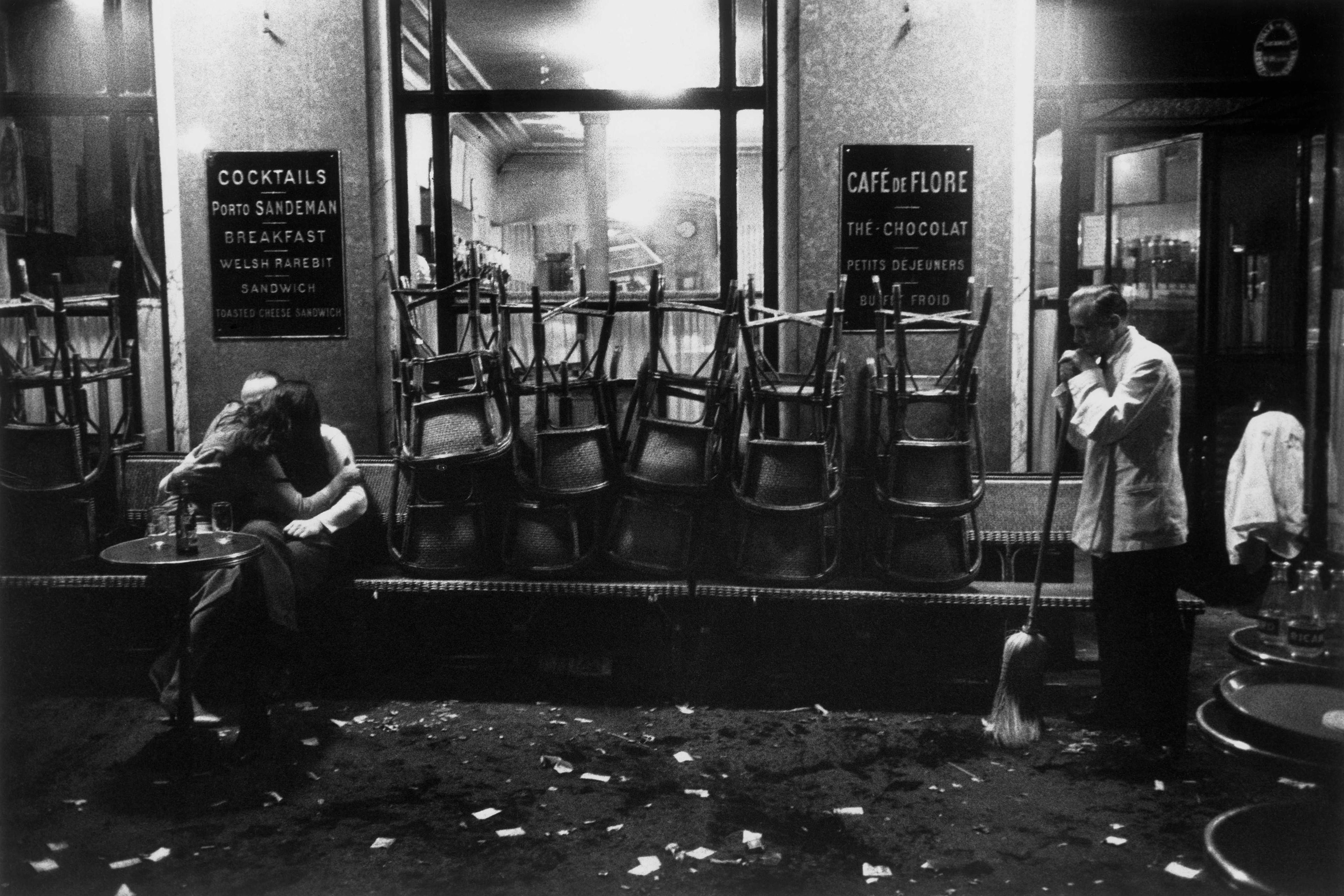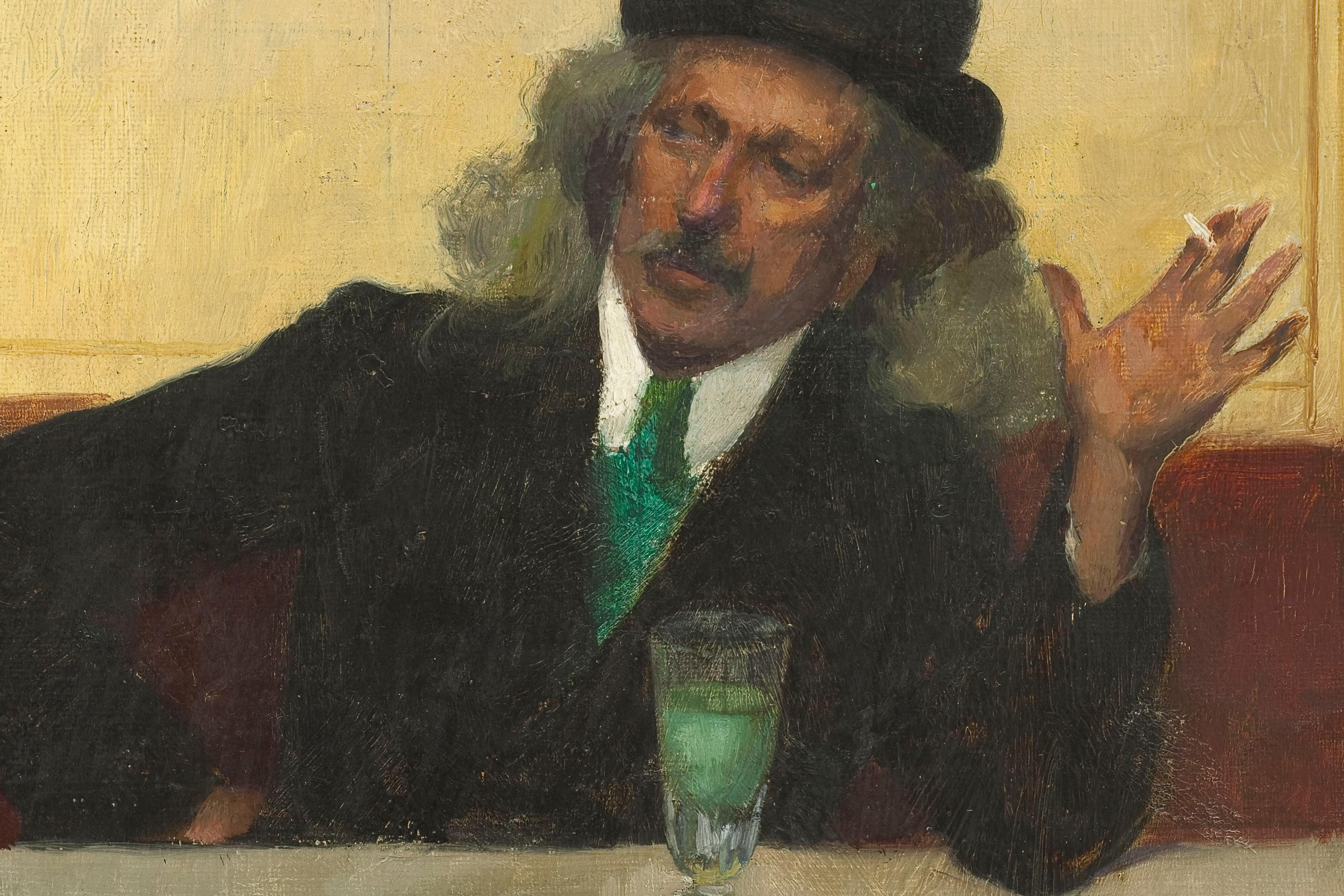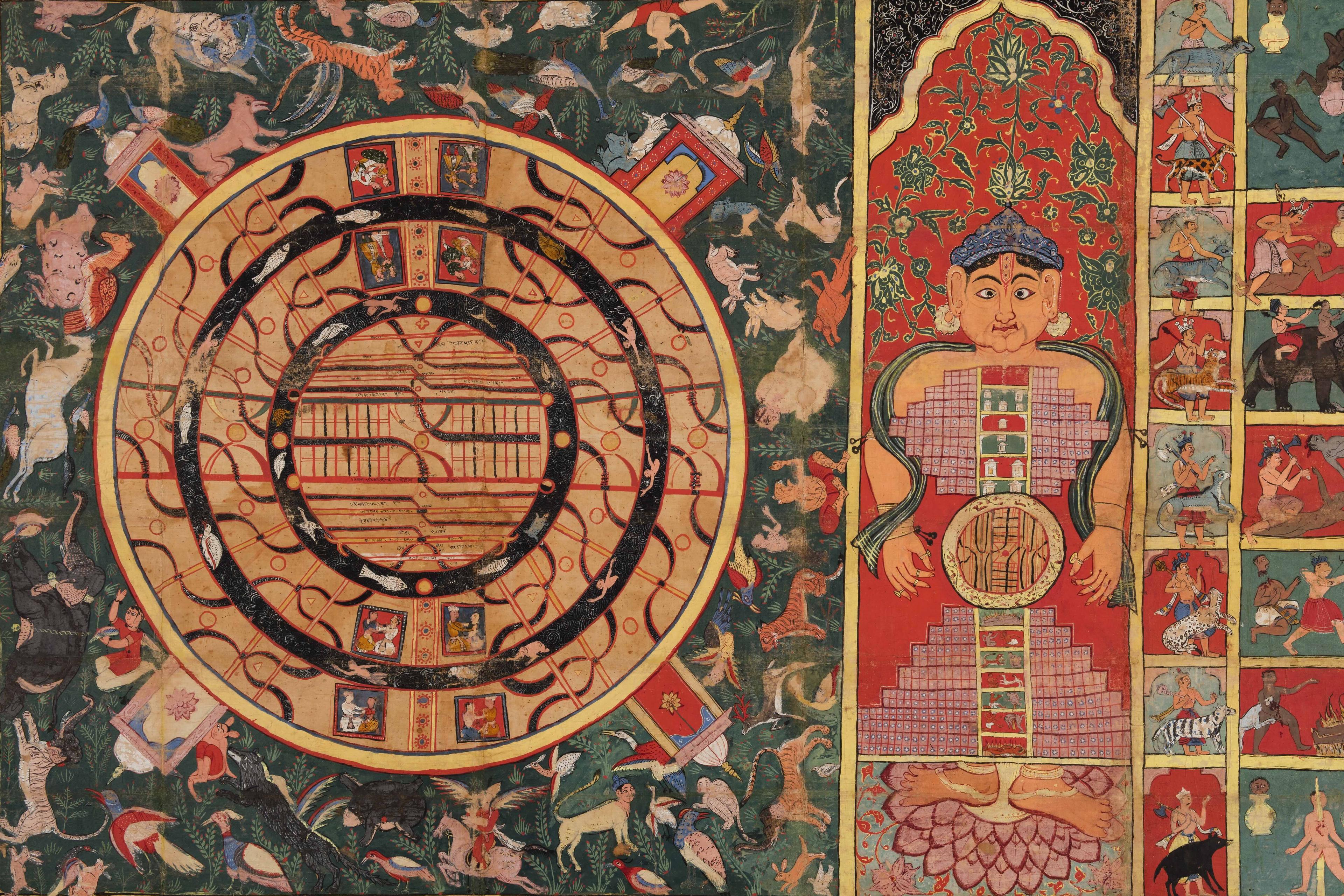‘Philosophy,’ says Ludwig Wittgenstein, ‘is a battle against the bewitchment of our intelligence by means of language.’
I have found something different. I have found that philosophy, as it is studied and taught in most Anglophone departments today, itself causes the bewitchment of our intelligence.
I want to tell you the story of that bewitchment and of my escape from it; or, what comes to the same thing, the story of falling into nihilistic despair and realising that it was unnecessary.
In the spring of 2007, needing something to do, I enrolled in a master’s in philosophy. I had enrolled to study philosophy at Oxford too, but that had turned out to be a cover for my real activities, which had comprised playing cricket, making friends, taking drugs, and kissing people. The master’s in Bern was the first time I had actually studied it.
It’s difficult to convey how wonderful it was. Part of it was to do with the circumstances, with the excitement of a new life, the joys of a renewed love, the satisfaction of discovering I was good at something and was getting better at it. But part of it was to do with philosophy itself.
We read ‘Famine, Affluence, and Morality’ (1972), Peter Singer’s paper about the famine in Bangladesh (or, as it was then, East Bengal). Singer begins from an uncontroversial premise: suffering from death and starvation is bad. And then, by adding in other plausible premises, he reaches the conclusion that we have a duty to contribute to reduce that suffering.
Stated like that, the paper sounds almost banal. But it’s a glittering example of the possibilities of a certain kind of philosophy. Singer starts from a belief that many of us have, one that most would find very hard to deny. What kind of psychopath would argue that suffering isn’t bad? He then adds in other beliefs that many of us also have: for example, that if it is possible for us to reduce suffering without cost to ourselves, we have a duty to do it. By putting together just a handful of these beliefs, each individually plausible, Singer reaches a conclusion with radical consequences for how we should live.
And all done through the exercise of reason.
Reason cut through all the bullshit. It did not respect opinion simply because it was opinion. It did not hallow falsehood by calling it tradition. It did not embrace novelty because it was fashionable. It asked: what’s your argument? Why do you believe what you believe?
Reason wasn’t just fearless. Reason was also relentless. It asked its questions and it continued asking them till it had reached truth.
‘Beginning to think is beginning to be undermined,’ says Albert Camus. And as I continued to study philosophy, I began to see just how right he was.
What reason can do, incredibly well, is tell you what follows from certain premises, or certain beliefs you already have. Given the truth of something, or your belief in the truth of something, reason can tell you what else is true, or what else you should believe is true (assuming you accept that certain operations of logic are truth-preserving).
What it can’t do is tell you what’s true to begin with. For example, reason can tell you that, if it’s raining and you don’t want to get wet, then you should take an umbrella. But it cannot tell you whether it’s raining or not.
Moreover, it’s not just that reason can’t give you certainty of the sort I was after. It turns out that if you’re intellectually honest, and you push reason as far as you can, it brings the exact opposite. The relentless exercise of reason eventually generates doubt, an all-embracing, all-pervading doubt of the kind that basically constitutes a cosmic crisis of meaning.
Every child knows this trick. When they’re a certain age, they delight in continually asking ‘Why?’ and they discover that, at a certain point, there are no more answers. Why is it bad to eat mud, Papa? Because it makes you sick, darling. Why is it bad to be sick, Papa? Because it makes you feel pain, sweetness. Why is it bad to feel pain? Because it hurts, honey. Why is it bad to hurt, Papa? It just is, OK? Now go to sleep.
That’s where everyone ends up if they push reason far enough. You end up with something that, once you strip away the sophistication and the philosophical conjuring, boils down to an exasperated parent saying: that’s just the way it is, OK?
In The Myth of Sisyphus (1942), Camus writes at length about the limitations of reason when it comes to finding knowledge about what really matters. Camus was convinced, as I became convinced, that reason will not deliver this knowledge.
But we will not stop wanting meaning. Just as ‘the gods had condemned Sisyphus to ceaselessly rolling a rock to the top of a mountain, whence the stone would fall back of its own weight,’ so are we condemned to the futile and hopeless labour of wanting meaning from a world that will not give it to us.
What to do? For Camus, this is just how it is. Reason leads nowhere. We must accept this without searching for false consolation:
The intoxication of the irrational and the vocation of rapture turn a lucid mind away from the absurd. To Chestov reason is useless but there is something beyond reason. To an absurd mind reason is useless and there is nothing beyond reason.
This is where I had arrived. I believed that reason was useless and that there was nothing beyond reason. Philosophy, understood here as the more or less untrammelled exercise of reason, had taken hold of me and had turned me into a nihilist.
A curious feature of education is how often it narrows the mind. You become so good at using a particular tool, at employing a particular perspective and framework for seeing and understanding the world, that you eventually forget that it is just one tool, one perspective, one framework. We see this in experts of all kinds – the psychologist who sees everything through the lens of trauma, the sociologist who sees everything through the lens of power, the political philosopher who sees everything through the lens of John Rawls.
An old Jewish proverb puts it rather well: to the man with a hammer, everything looks like a nail.
So it was with me and philosophy. I had discovered the exercise of reason, I had become enchanted with it, and I had allowed it to entirely dominate my epistemic world. I had granted reason a dominion it could not justify.
Please don’t misunderstand me. The achievements of reason are indeed glorious. But the limits of reason are real. To take the most striking example: reason cannot justify itself. Why not? For the simple reason that such a justification would be circular – you cannot use the tools and axioms of reason to establish that those very same tools and axioms are valid. So how can you be sure that there is nothing beyond or additional to reason? Reason itself cannot justify this view.
As I began to awake from the spell of reason, I began to see that, while we certainly are creatures of reason, we are not only creatures of reason. We are also creatures who apprehend the world and ourselves through means other than reason. And instead of privileging one mode of apprehension in our effort to understand ourselves and the world, it may be worth trying to use the full range of tools that are at our disposal.
My descent into nihilism had been caused by making a god out of reason and rejecting everything else in my life and experience. I began to see that this was simply not justified. It was unreasonable to be a nihilist.
As I write these words, I turn every now and again to look out of the window at the green grass behind our house. A carpet of lavender has suddenly sprung up under the birch. A pale and clear northern light drops gently onto the corrugated tin roof of the garage.
Yesterday, my wife organised an Easter egg hunt for our son, the first of his life. He pattered around the garden, and whenever he found a little piece of tinfoil, or a paper with hearts on it, a shy smile spread over his face, his eyes soft and bright as he looked up at his mother and me.
Inside the packages were cashew nuts and raisins, things which are currently among the driving passions of his life. He stuffed them in his mouth, not waiting to finish one before he put the other in. There was a little wooden hare with a yellow ribbon tied around it. When we went inside, he ate his lunch from the hare, and repeatedly told us that the hare had brought him presents.
But does any of this matter? The light, the grass; my wife, my son; cashew nuts and raisins, wooden hares and yellow ribbons… what is the point of all of this? What is the point of all this earthly striving?
I do not know. And that is the crux of the whole thing.
Awakening from reason’s spell means I am now free to not know. I am free to live a life that is more of a muddle but also more authentic: a life in which experiences of meaning mingle with scepticism about those experiences, a life in which genuine commitment to certain values is mixed up with equally genuine doubt about whether those values are real. It is less definite, this life, but it seems truer to me.








